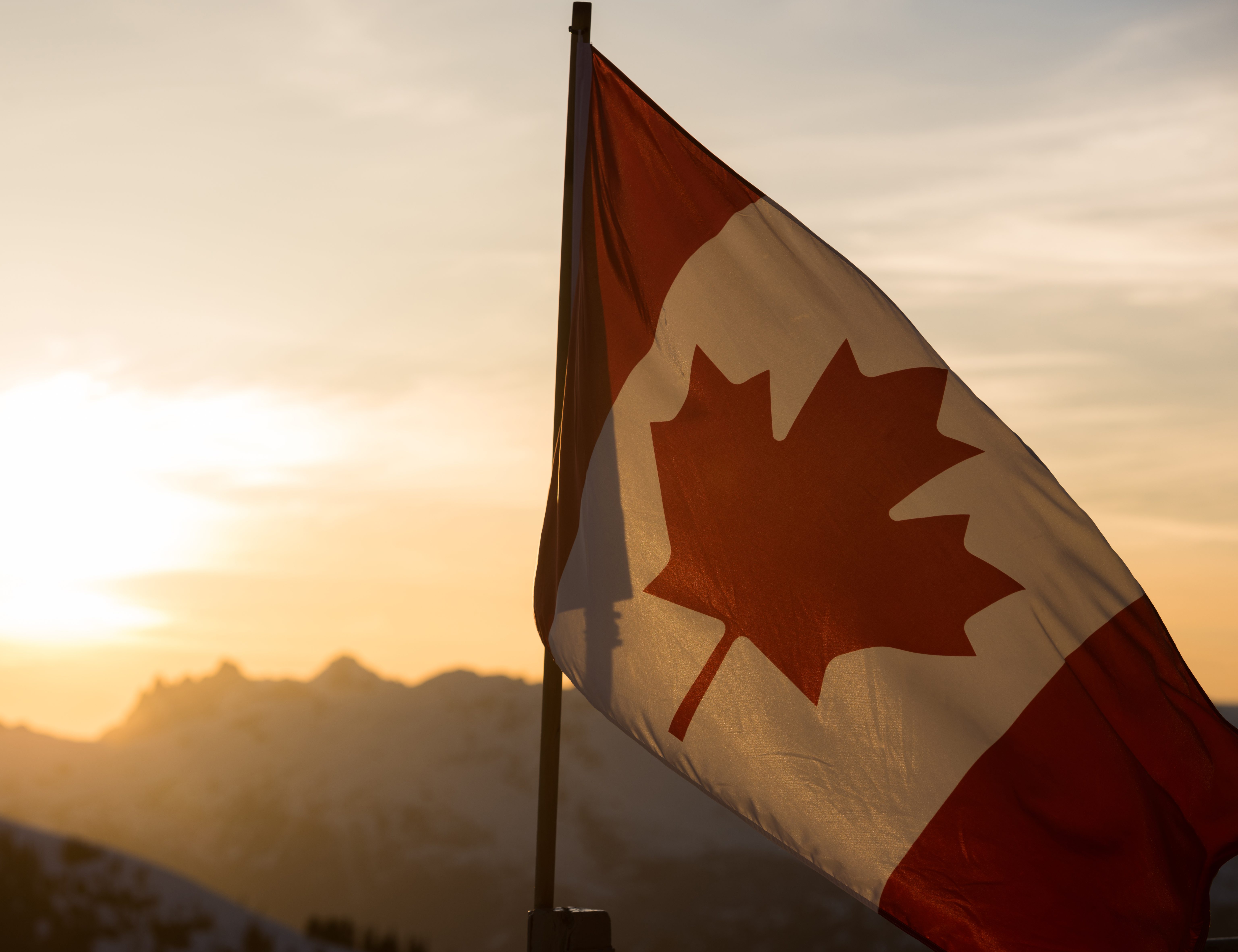As a result of being due-north of America, Canadians automatically hold the title of Supreme Nice People of the World, Right?
The Angel Complex: A term coined by Denise Balkissoon and company from the Globe and Mail during a podcast that refers to the angelic light shining over Canada – almost as bright as a teenage girl’s face glaring at our Prime Minister.
So naturally, when the attacks in Charlottesville happened – the latest tragedy that will go down in American history since Jan 20, 2017 – us Canadians take a look in the mirror and say, “Well thank goodness we live in Canada.”
As Michael Bach, founder and CEO of the Canadian Centre for Diversity and Inclusion states, Canadians might not be as angelic as we think.
“At one point, people who held these racist beliefs; held it in private,” Michael continues, “And thanks to incidents like this, these individuals have been galvanized and feel like they are not alone in the world.”
Donna Gabaccia, historian, UTSC professor and former director of the Immigration History Research Centre at the University of Minnesota says she thinks the Charlottesville attacks evokes awareness for left-leaning Canadians that white nationalism exists in their nation.
“It’s just bringing to the surface what has already been there,” says Mark Stewart, founder of Alternative for Canada (Alt4Can).
Alt4Can is a Facebook group that is taking further steps by planning a conference, despite the recent cancellations of similar meetings. Their goal is to formulate a platform to become an official political party in Canada,
Part of their platform is Alt4Can’s immigration policy; which will be to “stop immigration from non-European countries.”
“We basically want to maintain the European majority,” says Stewart.
Stewart says that historically, minorities are not treated well and that could be a potential threat to the European race in Canada.
This is not to be mistaken with racism, as Stewart explains: “I think fundamentally you have to believe that race exists,” he says “There is differences in groups. We do respect the African [and] Asian culture.”
“There are racists in the alt-right but there are also people that get lumped in with the alt-right who don’t accept race as a building [block].”
Regardless of that distinction, there are still enough racists to cause an “uptick in Islamophobia” as well as other hate crimes against other minorities, Bach explains.
Statcan reported a five percent increase in hate crimes from 2014 to 2015 with major increases in crimes against Arab or West Asian population.
“I think we are now seeing a resurgence of 1940s 1950s KKK racism; both in the United states but it has trickled into Canada,” says Bach in relation to what took place in Charlottesville.
Although Gabaccia says the KKK is unlikely to trickle into the North, she does raise alarming similarities between the modern West and mid 1900s Italy and Germany.
“We know how fascism starts.”
“There are parallels. It’s never exactly the same but there are similarities and we should be worried,” says Gabaccia.
Stigmatization of the press and paramilitary forces are a few “distinct expressions” of the origins of fascism; which is one thing that Stewart hopes this movement does not have to come to.
“I think escalation is inevitable when you start to say violence is OK,” says Stewart, “We don’t like being national socialists, but if that is what it’s going to come to, we are going to need our own militant people.”
Whether it be convictions, investigations or speculation; the last month has seen news coverage on multiple incidents regarding hate crime and violence against minorities; such as the Quebec car-torching, Vaughan’s vandalism, and the Salt Lake City stun cane.
“It’s not just that the hate crimes have gone up – it’s becoming far more public,” says Bach.
In Canada, “The pendulum is swinging back towards the centre and beyond where the white man who has felt marginalized, who have felt discriminated against – is fighting back,” he says.
“It wouldn’t surprise me at all if racists and white nationalist Canadians felt empowered or inspired by what they saw openly expressed in Charlottesville,” says Gabaccia.
Stewart says that he and Alt4Can are driven by a spiritual love for his people and the traditions that have passed on to him, but he also admits that anger is part of his motivation.
“We are angry because of the systems in place that might prevent [conserving traditions],” he says.
As Canadians, we seem to believe that political and racial woes reside south of our tender-loving’ border. In the wake of the Charlottesville violence, it is clear that our nation will undergo a magnitude of change by the time this is disputed.
As of right now, “The pendulum has swung back and frustration is bubbling out and boiling over,” says Bach.


